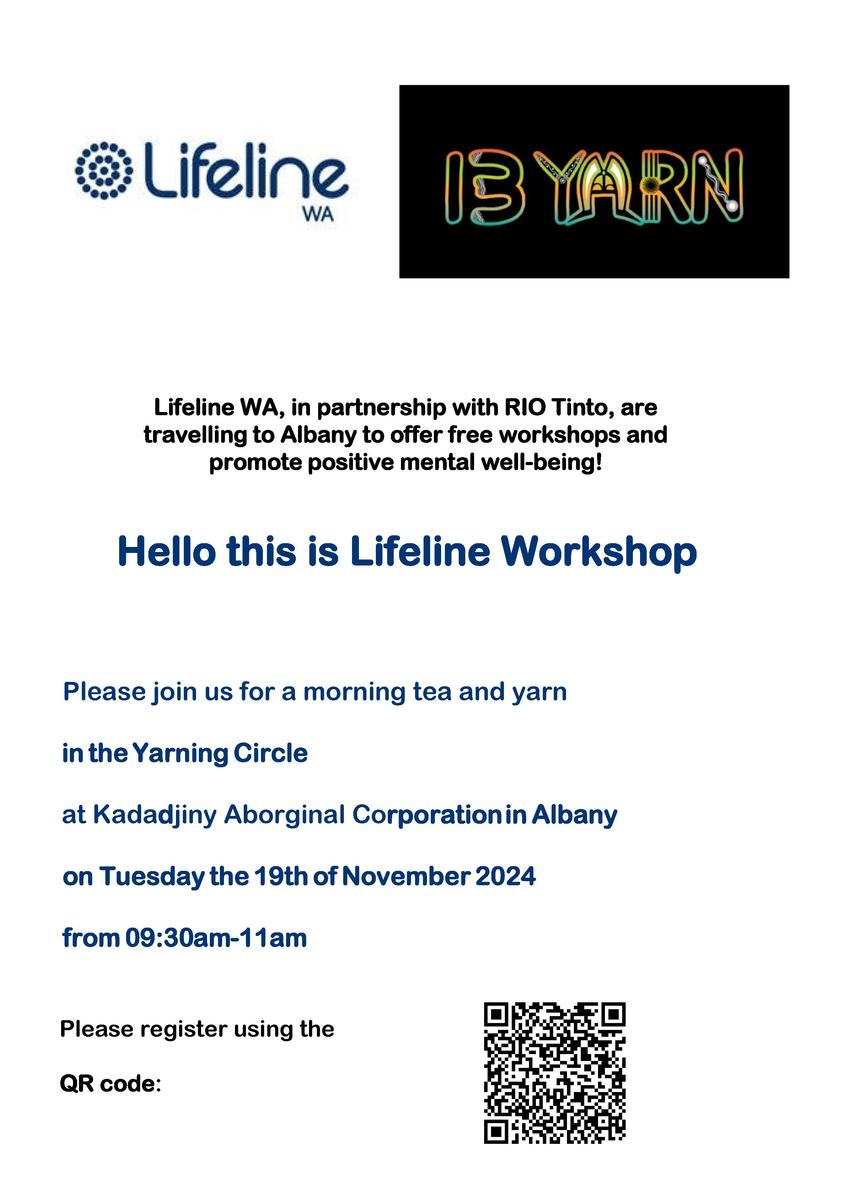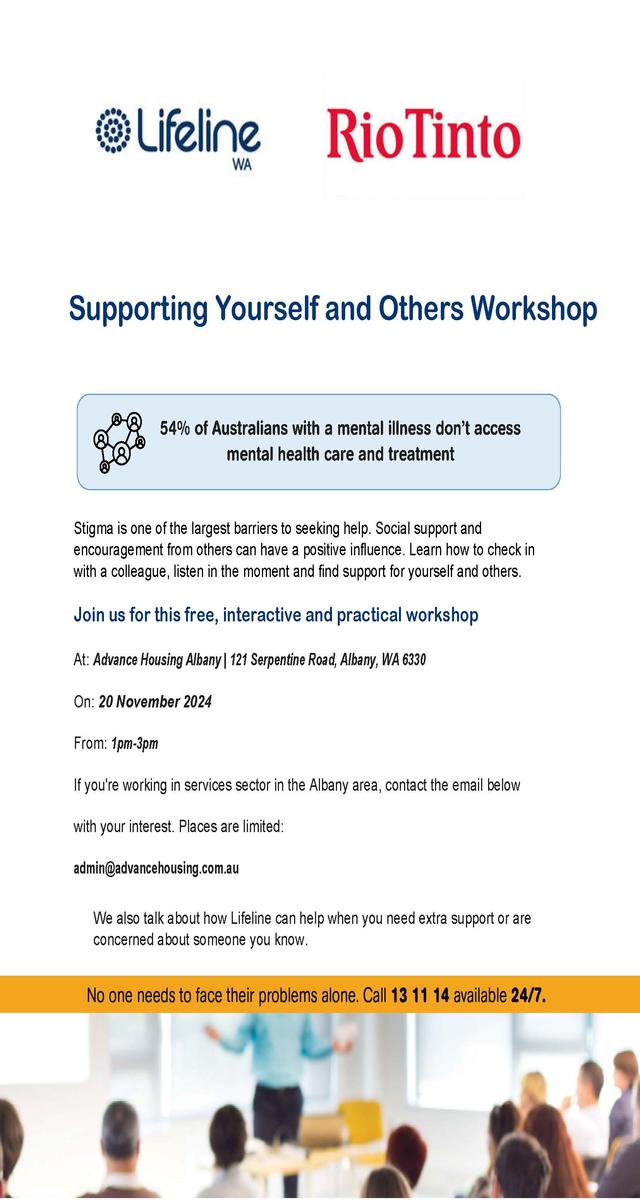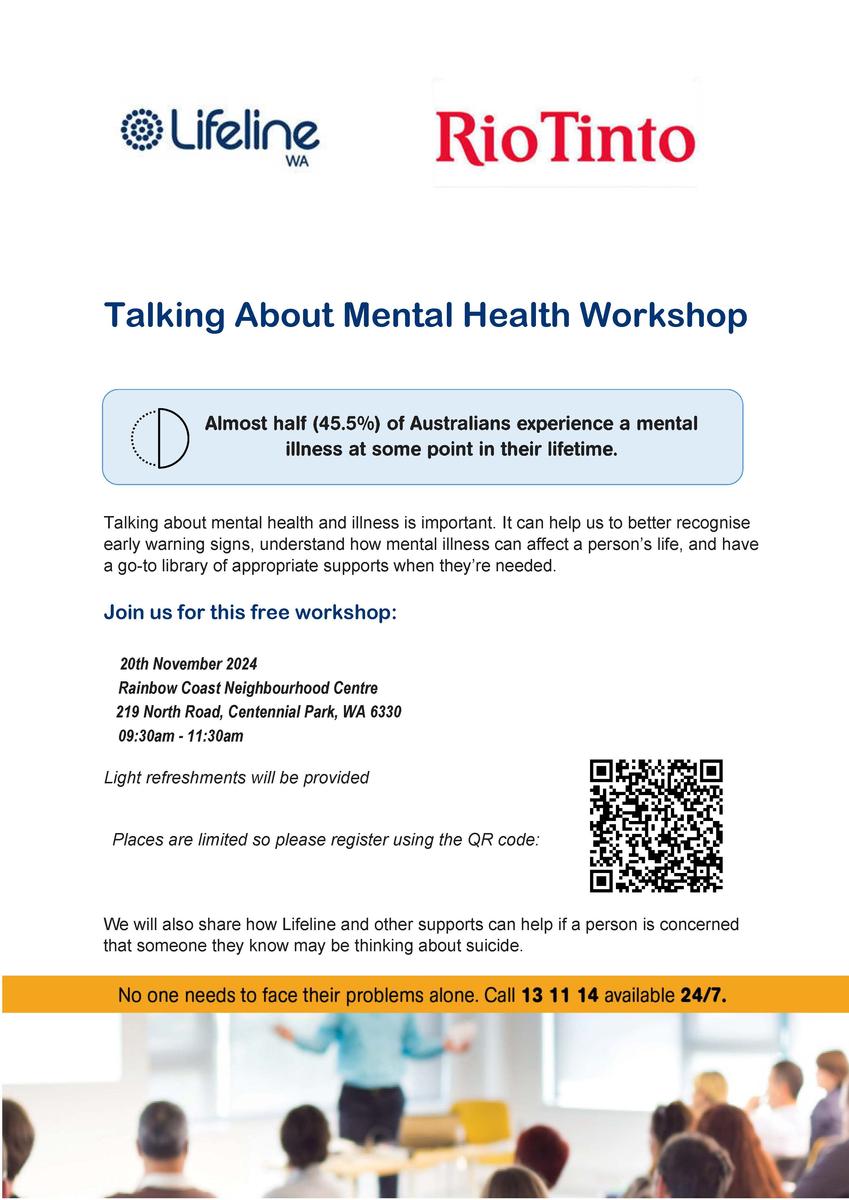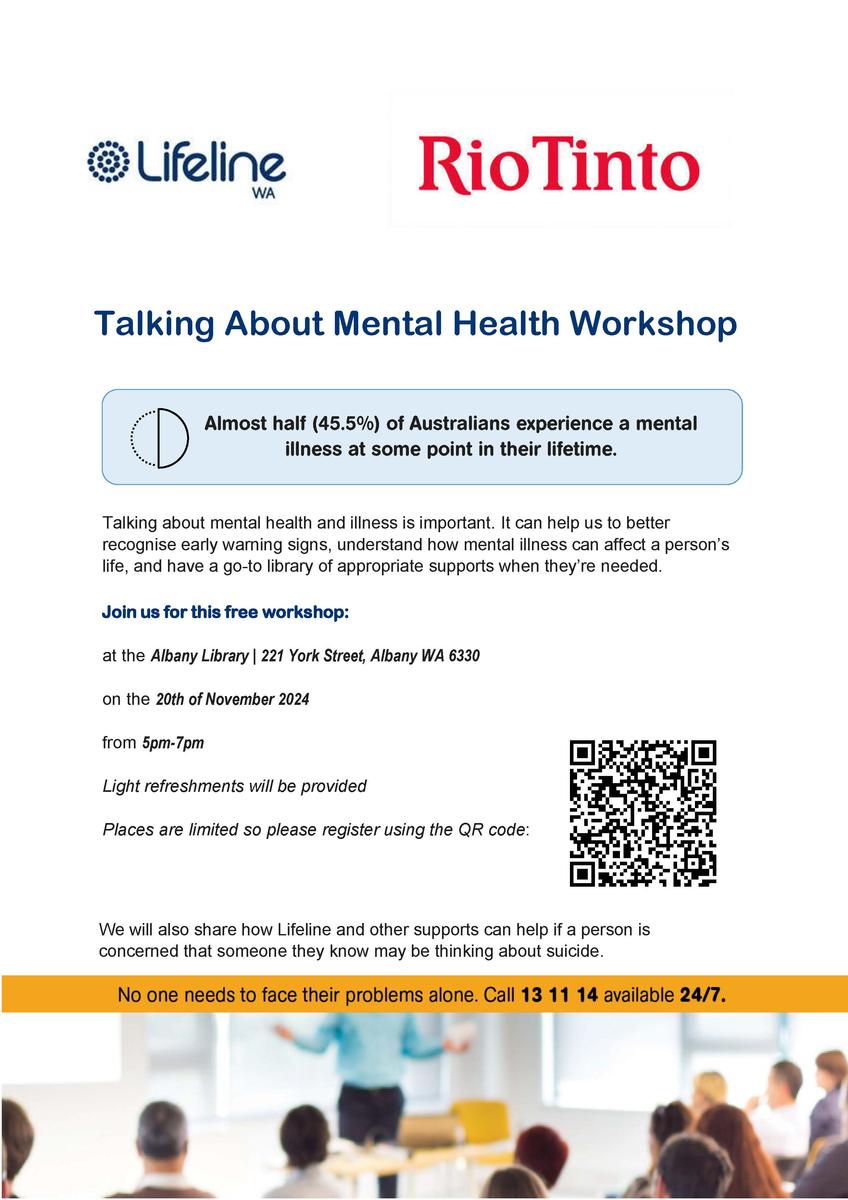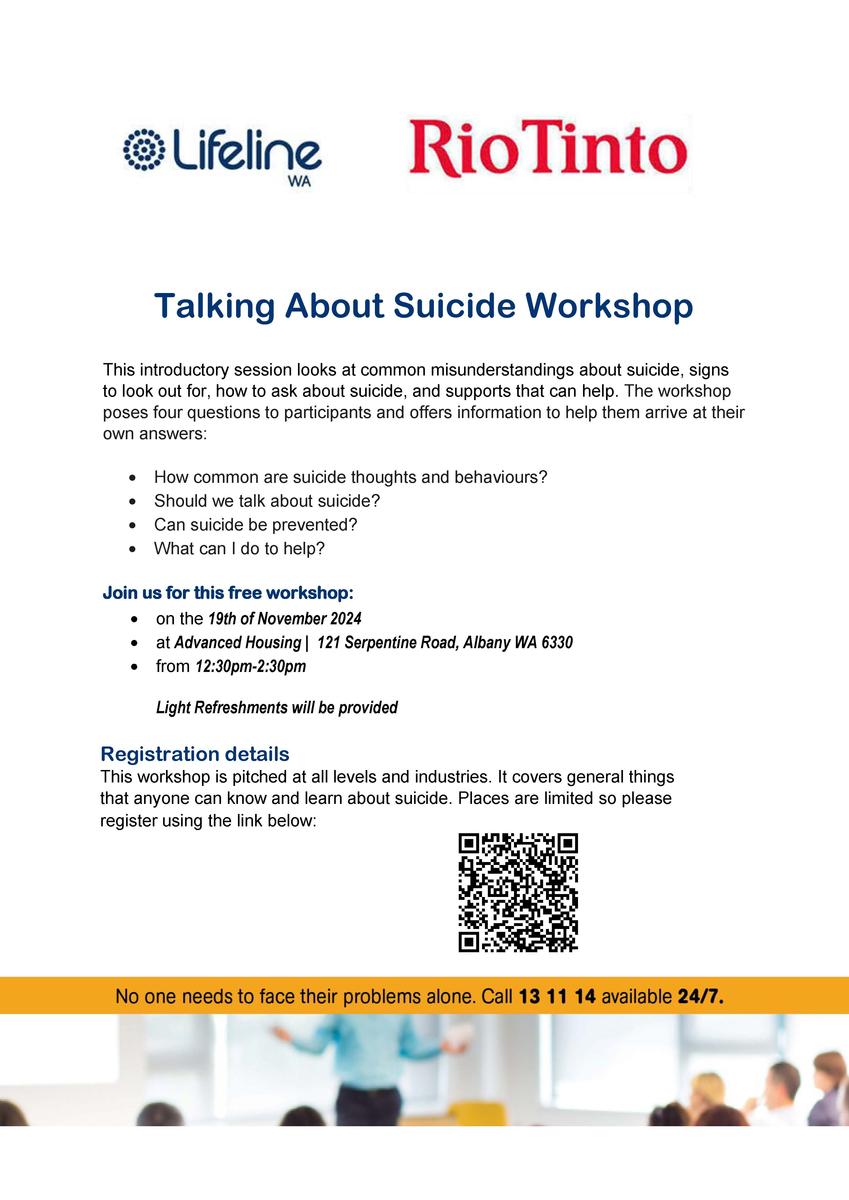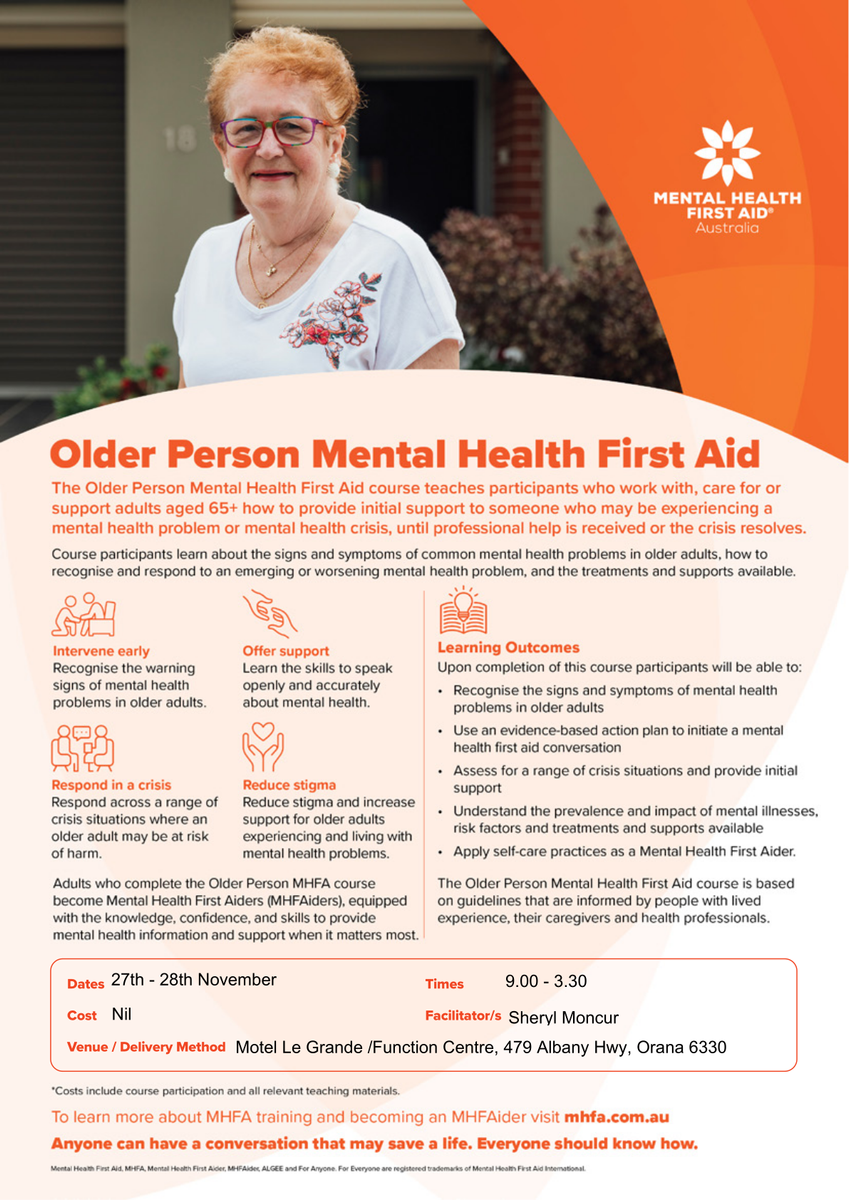From the Wellness Centre
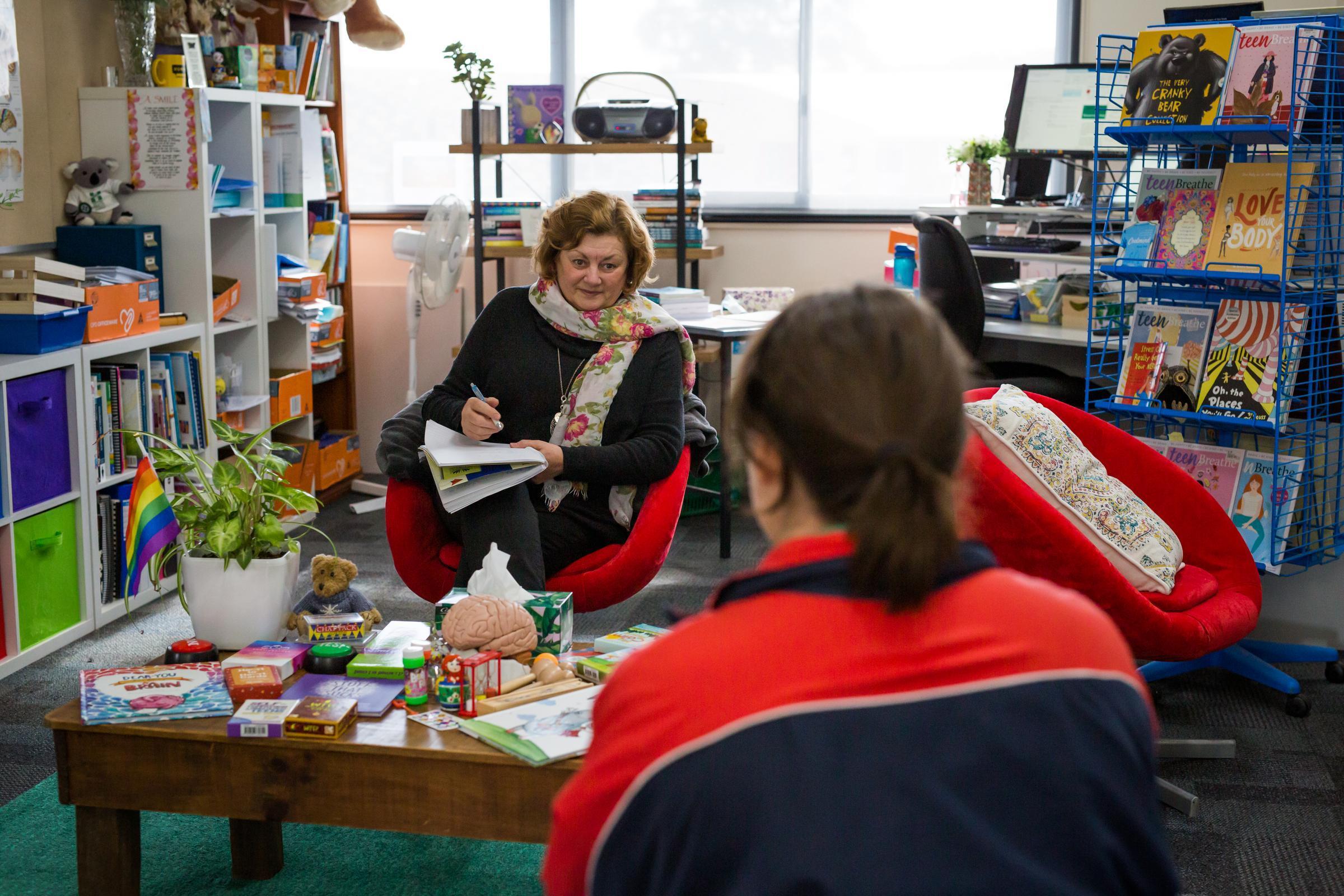
Adolescent Brain Development
Last week I wrote of how our young people learn codes and templates for behaviour and belief systems from influencers, peers and culture and that some of the messages are tantalizingly transgressive and tempting.
Of several favourite go-to neuroscientists of adolescent development Prof Frances Jensen, a much-vaunted guru in this space, The True Story Of The Teenage Brain - Frances Jensen - The Health Bridge, is also a mother of two (now grown) males. Jensen claims that while adolescents get to an identifiable developmental stage, physically, when they may look older, we must realise their brains are still under construction…
Jensen states, “There is rapidly advancing science that examines how different the teenage brain is from everyone else’s. The differences allow them to learn faster, be intellectually flexible, and more open to discovery. Information flows from neuron to neuron over synapses. Thinking, feeling, and movement all depend on the quality of the transmission.
Recent findings in neuroplasticity show that neural connections can be made throughout our lives and that learning is a nonstop option. As connections are made, myelin is formed around brain cells. The last major connections are made to the pre-frontal lobe and the frontal lobe. The pre-frontal lobe is the place for decision-making, personality, and social behavior. The frontal lobe is the area responsible for judgment, empathy, planning, reason, and impulse control. This happens in the mid-to-late 20’s (and sometimes beyond).
Hungry Minds
As I mentioned last week, the sheer pace and volume of 24/7 stimulation and distraction generated by ceaseless cascading streams of information interact with young brains via the limbic and reward systems in their brains. When faced with the attractions, stressors, and challenges of modern society, the absence of reason and impulse control might have regretful consequences. Neuroplasticity also means that the reward-seeking part of the brain is more active and so learning can be hastened. This makes experiences with addictive substances and stimulants (visual, sensory etc) more negatively impactful. It is also a time when various forms of mental illness can take root.
So, it’s obviously helpful to remember that teens operate a lot of the time from the limbic part of the brain. This is the section of the brain that drives sexual desire and risk. It is also the part that seeks novelty. That means it’s not all bad. Indeed, in a recent American Psychological Association publication What neuroscience tells us about the teenage brain… there is growing recognition that what was previously seen as immaturity is actually a cognitive, behavioural, and neurological flexibility that allows teens to explore and adapt to their shifting inner and outer worlds. This is also where learning comes from. In fact, with the right environmental enrichment, the IQ can go up in teens because of the drive for novelty and the effects of neuroplasticity.
The Role of Adults – Antidotes to Corrosive Influence/rs
As parents, educators, carers, mentors, grandparents, coaches, pastors, trainers, trusted older relatives … it is our once in a life time privilege to be participating in this exciting trip with the young people in our lives. With their peers and in the absence of “enshrined” Rites of Passage, young people will create their own, which will be riskier, reckless and more dangerous, than those events curated by adults who love and care for teens. Make no mistake, the transit from childhood to adulthood, is a multi-layered metamorphic shift for our young people.
As adults and parents, we play a critical role in the teen years and we can foreground our super powers of love, patience, responding (not reacting), wise judgment and strong attachment, even when the going gets tough. At times we may serve as a substitute for the frontal lobe while it develops in our beloved adolescents. While this is a time of rapid learning for young people, it is also a vulnerable time. Excess stimulation and dangerous attractions create information overload and vulnerability. We adults can become the gatekeepers, the guardrails, for our teens. What a privilege … and a body of work.
We can:
- Provide a calm, organised environment for teens to learn and study in
- Learn about the developmental tasks of adolescence
- Be patient and strategic in our communication with them
- Become a skilled listener
- Become an advocate – with necessary objectivity – for your teen
- Be assertive in your communication style with them
- Be aware and learn to be an authoritative parent (not to be confused with authoritarian)
- Be tech savvy – ignorance is no excuse Four Corners: Nov 4 | TV Tonight How deepfakes, nudes and teen misogyny have changed growing up - ABC News
- Model the behavior and communication we’d like from them; yes, this takes humility and effort
- Embed rituals, privileges and acknowledgements associated with age/stage task achievement, imminent to medium future events for family enjoyment
- Create, with community groups, church groups, extended family etc, some significant Rites of Passage to signify the growth of the young person.
Listed below for your trawling interest are some incredibly eye-opening sites (see the Four Corners, and Deep Fakes from ABC included above), some skill building around listening, relevant and relatable information on Rites of Passage (cultural and courses), and the recently well-circulated Valedictory Speech by the very impressive College Captain of Wesley College Perth, Jake Boniwell who spoke to the Class of 2024 about the importance of love and kindness… which I offer as first cab off the rank:
College Captain, Valedictory Speech 2024 - YouTube
Dr Arne Rubinstein on Y9 Discovery and Rites of Passage - SOTE
Rites of Passage - The Heroic Journey of Teenagers
13 Amazing Coming of Age Traditions From Around the World
How deepfakes, nudes and teen misogyny have changed growing up - ABC News
How to Help Young People Transition Into Adulthood
The Art of Listening | Simon Sinek - YouTube
From Boys to Men: Guiding Our Boys to Grow into Happy, Healthy Men by Maggie Dent | Goodreads
From Boys to Men webinar series | Maggie Dent's Common-sense Parenting
Ms Sheryl Moncur | School Counsellor/Teacher
Lifeline WA Community Engagement Event in Albany - FREE workshops!
Here are the details including links to register for each event:
- Tuesday the 19 November
9:30am to 11.00am 13YARN Hello this is Lifeline morning tea at Kadadjiny Aboriginal Co-Op (in the Yarning Circle) Registration - Lifeline WA Workplace Training (arlo.co)
12:30pm to 2:30pm Talking about Suicide at Advance Housing Ltd
Checkout - Lifeline WA Workplace Training (arlo.co)
- Wednesday the 20 of November
09:30am to 11:30am Talking about Mental Health at Rainbow Coast Neighbourhood Centre Registration - Lifeline WA Workplace Training (arlo.co)
1.00pm to 3.00pm Supporting Yourself and Others at Advance Housing Ltd
Email: admin@advancehousing.com.au (available to service providers in the area)
5.00pm to 7.00pm Talking about Mental Health at the Albany Library
Registration - Lifeline WA Workplace Training (arlo.co)
Older Persons Mental Health First Aid - DATE CHANGE
Two Day Course
When: 27 November and 28 November (9.00am to 3.30pm incl time for breaks)
Where: Motel Le Grande / Function Centre, 479 Albany Highway, Orana, Albany
Who: any GSG community member who wishes to learn more about mental health needs of the ageing
How: face to face presentation by Sheryl Moncur
Cost: Nil (sponsors Palmerston and GSG)
See flyers for more information and please feel free to email me your interest sheryl.moncur@gsg.wa.edu.au
Alternatively, you might register you interest with kjohnson@palmerston.org.au

